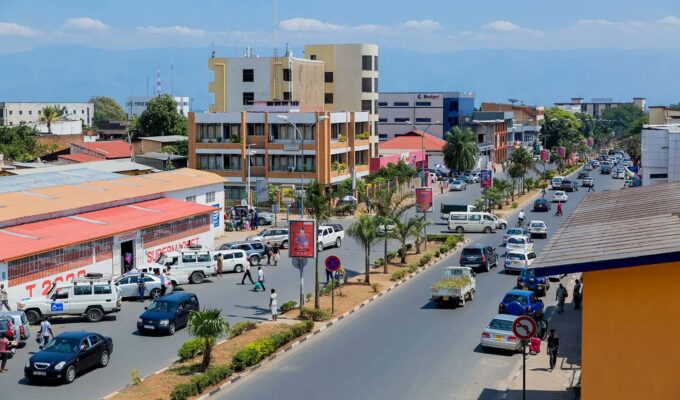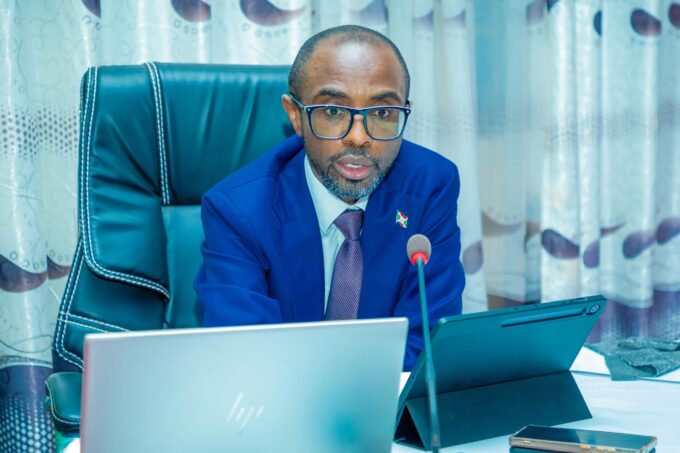The exodus of Burundian workers seeking better opportunities abroad is accelerating at an unprecedented pace, despite the government’s optimistic outlook. On Friday, Révérien Ndikuriyo, Secretary-General of the ruling CNDD-FDD party, downplayed the issue, suggesting that the migration of Burundian professionals is a sign that their expertise is being globally recognized.
“As Burundians are gaining international recognition and are sought after for work, our goal is to educate many people so that we have both those who go abroad and those who remain,” Ndikuriyo said at a press conference.
However, his comments starkly contrast with the situation on the ground. Burundi is facing a growing brain drain, with skilled professionals, including doctors and university lecturers, leaving the country at an alarming rate in search of better prospects abroad.
On Friday, the Burundian Press Agency (ABP) reported that 14 health workers resigned from their positions in the past six months alone in the Kayanza health district, located in northern Burundi. Pascal Niyonzima, the district’s health director, voiced concerns about the shortage of medical staff, which is hindering government hospitals and clinics from providing proper care to patients. He called for an increase in the number of trained health workers at public hospitals.
Earlier in December, Health Minister Lyduine Baradahana acknowledged the issue of medical staff members quitting during a recent roundtable aimed at attracting foreign investors. She emphasized the urgent need for investments in the sector to retain medical personnel.
The exodus also extends to the education sector. In December, the University of Burundi revealed a troubling wave of staff departures over the past five years, with more than 200 employees, including lecturers, leaving the institution. Rector Audace Manirambona addressed the critical situation in a letter to the Minister of Education, warning that these departures could disrupt the university’s operations and compromise the quality of education. The rector noted that in 2024 alone, 118 employees, including 41 lecturers, left the institution.
This growing exodus has ignited a nationwide debate, with some government officials expressing strong opinions about the issue. In recent days, Burundi’s National Assembly Speaker, Gelase Daniel Ndabirabe, condemned the trend, expressing frustration with individuals leaving the country for better financial opportunities abroad.
“Some people say, ‘They pay us too little, so we’re leaving,’ as if they don’t love their country,” Ndabirabe said, criticizing those who abandon Burundi after receiving government-funded education. He argued that these individuals were betraying the sacrifices made by past generations for the country’s development. “You are nothing but mercenaries; you’re useless,” Ndabirabe added.
Unions, civil society organizations, and politicians attribute the mass exodus of workers, especially teachers and healthcare professionals, to low wages that do not align with the country’s current economic realities. As Burundi faces an unprecedented economic crisis, the cost of living has skyrocketed, while wages have remained stagnant. Workers are now demanding salary increases to reflect the rising cost of living.








Burundians have learned one thing with all crises it has gone through in recent decades: Care for yourself for no politician Care.
I would never damn anyone for leaving, maybe those leaving will come back for and
with better.